photo by Chris Linder
Solaris Education Program
The Solaris education program was created to develop the next generation of climate change scientists, journalists, and decision makers well versed in the challenges of the Tropics. These are the future leaders in tropical forest conservation and landscape resilience.
The Solaris Project provides training and support for individuals from a wide range of backgrounds to develop research expertise and/or policy-relevant skills they need to address the many significant conservation challenges in Brazil’s Amazon and Cerrado (savanna) regions. The project immerses Brazilian, US, and other international students in field research at Tanguro Field Station. It also exposes them to public policy through intensive policy development in Brasilia in direct collaboration with relevant governmental agencies. Approximately 200 students have taken part in this program during the last 15 years.
The Solaris program trains four distinct groups through tailored programs: Solaris Scholars, Solaris Fellows, Solaris Field Courses, and Solaris Communicators.
- Solaris Scholars are graduate students from American or Brazilian universities who pursue individual, academic projects. These students may complete a thesis, a dissertation, or research project.
- Solaris Fellows seek an education in policymaking pertaining to Brazil. They could be graduate students, post-docs, or professionals further along in their career who seek policy-related training.
- Solaris Field Courses are hands-on field experiences for undergraduates that introduce students to conservation-related issues with an emphasis on endangered Amazon forest and Cerrado.
- Solaris Communicators are reporters, writers, or members of the press who want to gain first-hand experience in deforestation and climate change impacts in the Amazon and Cerrado.
Watch the video below and keep scrolling to hear Solaris participants describing their experiences at Tanguro.
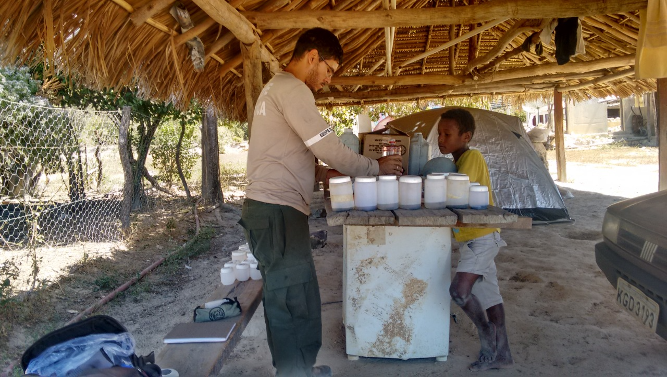
“Working at Tanguro has been a magical experience and a great opportunity to develop personally and professionally. Tanguro is an open-air laboratory that allows us to assess the impacts of different disturbances on biodiversity and consequently propose mitigating measures to reduce these impacts. I intend to better understand the impacts of fires and the transformation of native vegetation areas into agricultural areas on biodiversity and ecosystem services performed by invertebrates (ants and bees).”
– Filipe Viegas de Arruda; Researcher
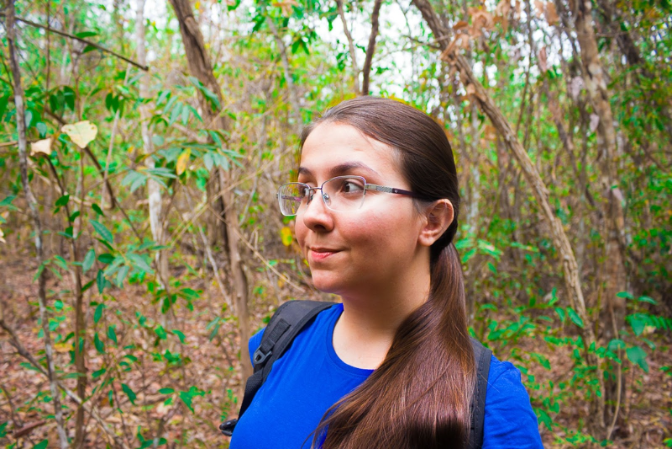
“At Tanguro, it is possible to investigate forest processes and the impacts of large-scale agricultural activity on ecosystems. My work aims to understand the responses of vegetation on cultivated crops and show the importance of agriculture going hand in hand with forest conservation.”
– Bianca Rebelatto; master’s student supervised by Divino Silvério and Ludmila Rattis
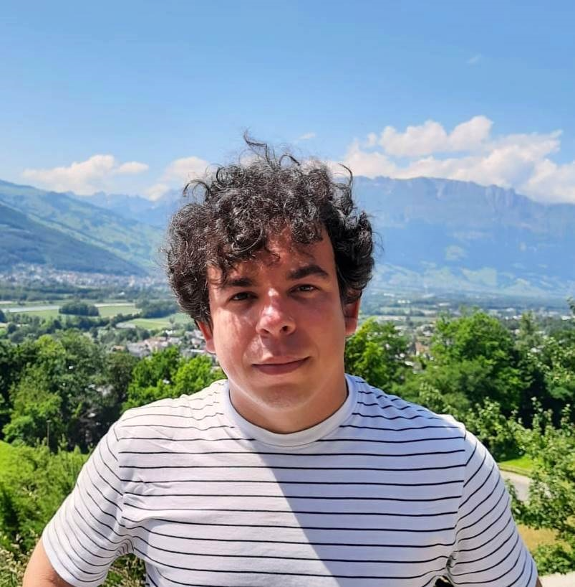
“Working at Tanguro to me is like working in a huge natural laboratory where I can see many processes that we try to investigate happening. In my Ph.D. investigation using remote sensing to map forest degradation caused by water stress, fire and blowdowns, the data collected in field plots of Tanguro give great and consistent support.”
– Eduardo Queiroz Marques; Ph.D. Candidate
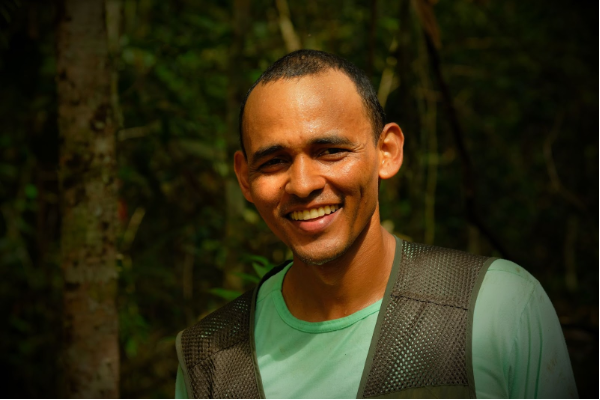
“With the data collected at Tanguro I am interested in evaluating the impacts of land use change on the health of transitional forests and riparian zone forests in the Amazon, with emphasis on plant diversity and composition, mortality, recruitment, and above ground biomass. Working at IPAM/Tanguro is fantastic because we have several learning opportunities every day in our research base that works like an open-air laboratory.”
– Leonardo Maracahipes dos Santos; local coordinator of the Tanguro Field Station; former master’s and Ph.D. Student supervised by Paulo Brando and Divino Silvério
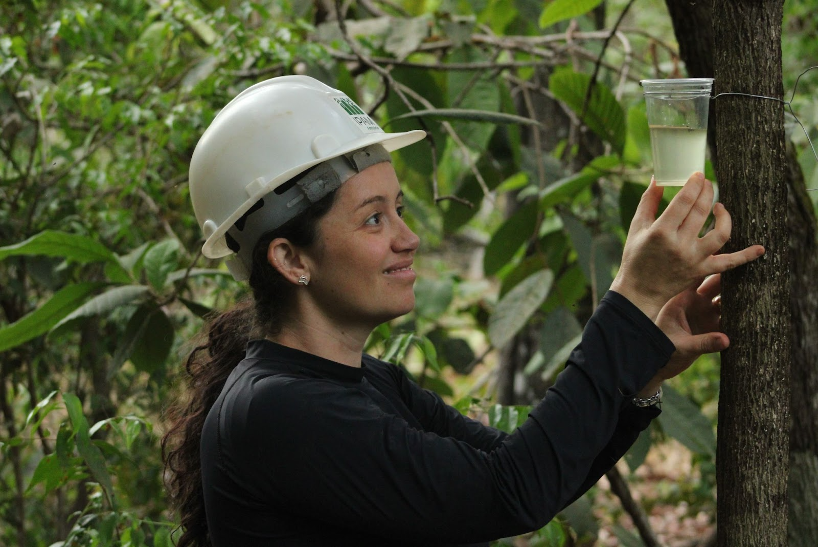
“Tanguro is an incredible place, there you are always learning new things, sometimes with the forest, sometimes with the researchers and professors who are always there. My research at Tanguro aims to evaluate the effect of fire on bee and wasp communities in areas affected by fires between 2004 and 2010, which are currently undergoing regeneration.”
– Taiza Aparecida Lopes; master’s student supervised by Adriane Esquivel Muelbert and Ludmila Rattis.
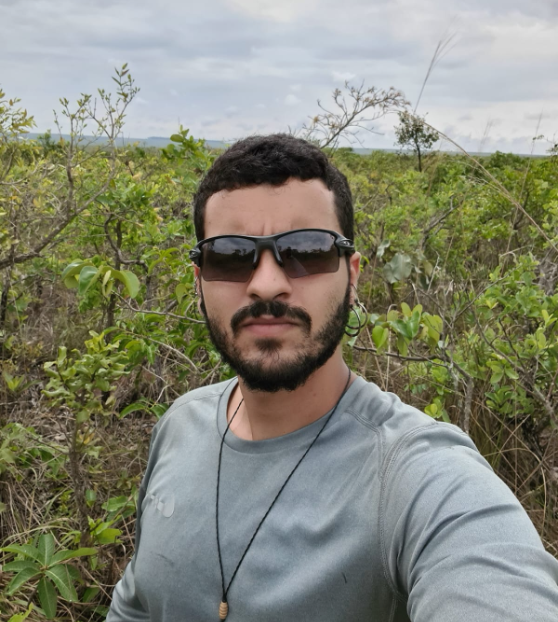
“For me, working at Tanguro is an opportunity to acquire knowledge beyond imagination. It is being able to have direct contact with science, contact with various studies. Researchers working at Tanguro have different backgrounds, creating a great opportunity to get all the help and assistance needed to work on our projects. Working at Tanguro is a scientific union in its essence. And having all this support from the people and structure of Tanguro, I would like to answer how fire affects the biodiversity of plants before, during and after the burning and if it is possible for this environment to recover from this fire”
– Luis Gustavo Carvalho de Sousa; master’s student supervised by Paulo Brando, Ludmila Rattis, and Divino Silvério; past undergraduate student, research assistant
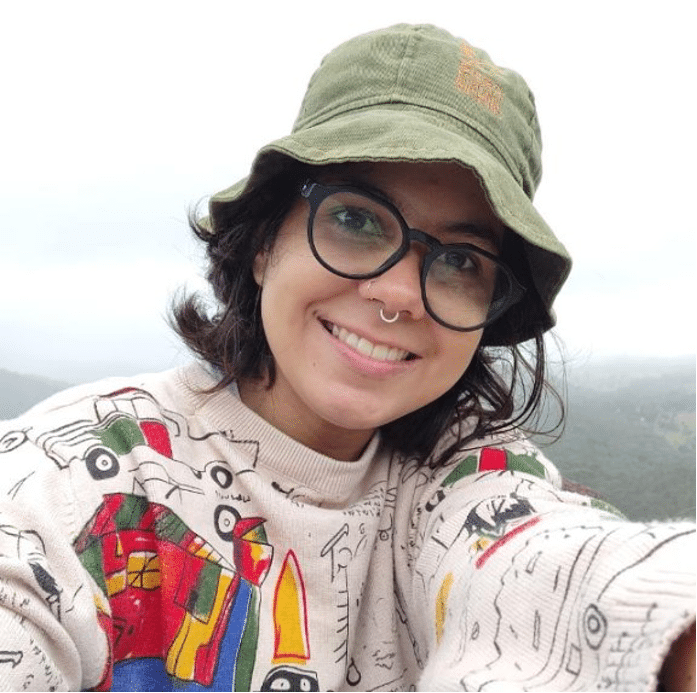
With the support of IPAM, we obtained technical equipment and technical support to deploy flow and temperature sensors at rivers basing in Cerrado. This initiative comprises pasture and natural areas, allowing the assessment of the impacts of changing land use on water production and its resilience in the face of droughts. Furthermore, with the master’s scholarship and assistance from the IPAM/Tanguro team, we’ll investigate the effects of the increased temperatures in streams caused by deforestation and climate change, on the ADN aquatic insects leaf-shredding. These insects play a crucial role in decomposition of organic substances, providing valuable insights about possible loss in ecosystem services.
– Julia Cristina Ramos Gonçavles; Master’s student supervised by Leandro Schelemmer Brasil
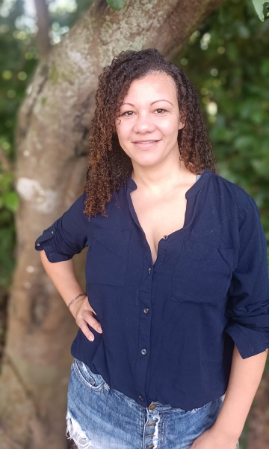
“I intend to explore how the edge effect selects for leaf traits, including the relation between leaf size and vein traits at Tanguro”
– Elisangela Rocha; postdoctoral researcher
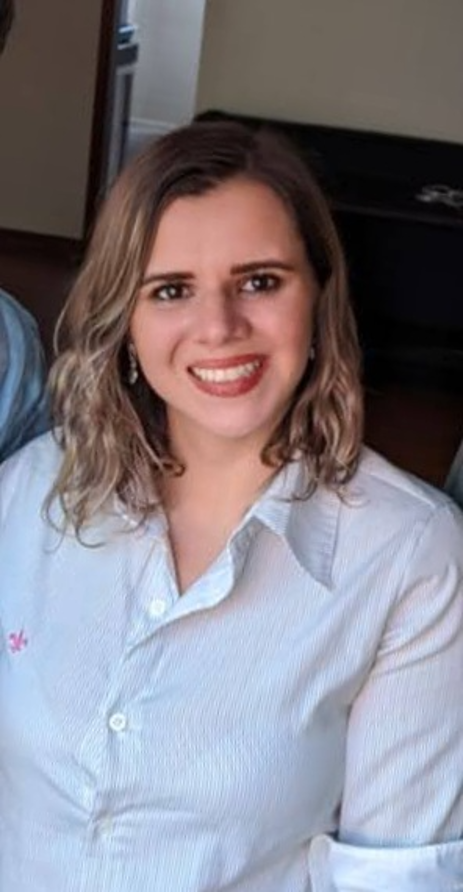
“With the data from Tanguro, my work aims to evaluate how anthropized forests affect biodiversity and ecosystem services performed by invertebrates.”
– Vanessa Ribeiro, Researcher.



